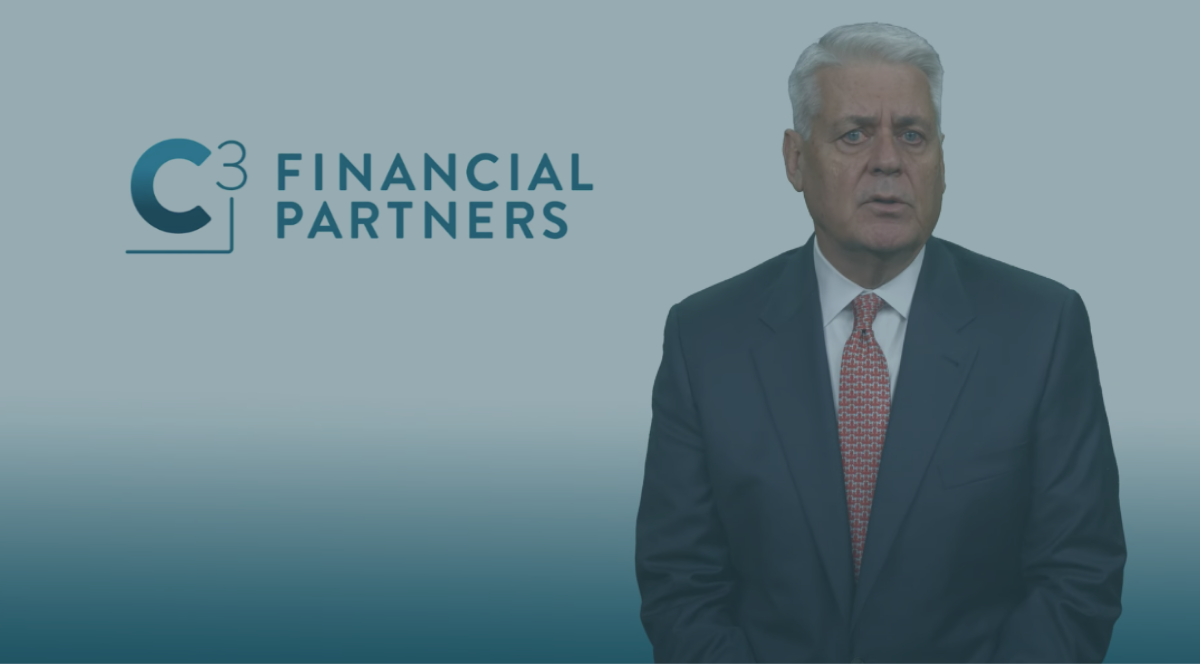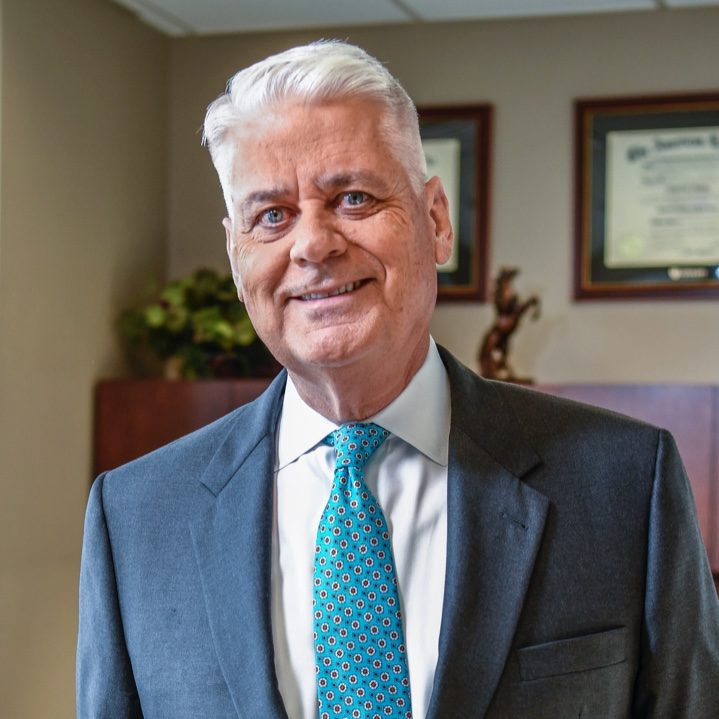The estate tax has long been a controversial topic. What can you do to maximize what you leave your heirs and preserve your legacy? Watch this brief video (2:23 mins.).
To learn more about our services click here or email us at info@c3fp.com.
Currently, there’s a great deal of discussion about taxes — income taxes, capital gains taxes, and estate taxes. While playing some word games, I played with the word ‘taxes.’ As I thought about it, I asked myself, “When people pay their taxes, where do they go?” Obviously, they go to the IRS. We all know that. But why is that? It is because they consider it THEIRS.
However, when we look at that same formula, we see something different. We see your HEIRS. In order to maximize what your heirs receive, it’s important to minimize the amount of taxes you pay, or possibly eliminate the taxes altogether.
When your estate is settled, there are only three places it can go: to your family, to the community, or the IRS.
And depending on the size of your estate, the IRS requires that a certain percentage cannot go to your family. However, that portion does not have to go to the federal government. It is possible to leave the tax-free portion of your estate to your heirs, while the taxable portion goes to the community. When that approach is taken, to leave assets to the community, often life insurance is used to replace that amount for the benefit of the heirs.
The decision is yours, which begs the question: Is the estate tax a voluntary tax? And that was a question that was posed to George Cooper with the Columbia Law Review by the Brookings Institute. His conclusion was, “In fact, we haven’t got an estate tax. What we have is, you pay an estate tax if you want to; if you don’t want to, you don’t have to.”
I recently met a couple who decided they’d like to have 50% of their estate go to their family and 50% to the community. When I asked how that compared to their current plan, they admitted that the current plan didn’t have anything going to the community, which meant they were going to pay excess estate taxes.
So, I would challenge you to first sit down, get clarity on your objectives, then with the confidence that that generates, coordinate with your advisors and make sure that your plan matches your objectives.
From the entire C3 team, we look forward to collaborating with you.
 ™
™


